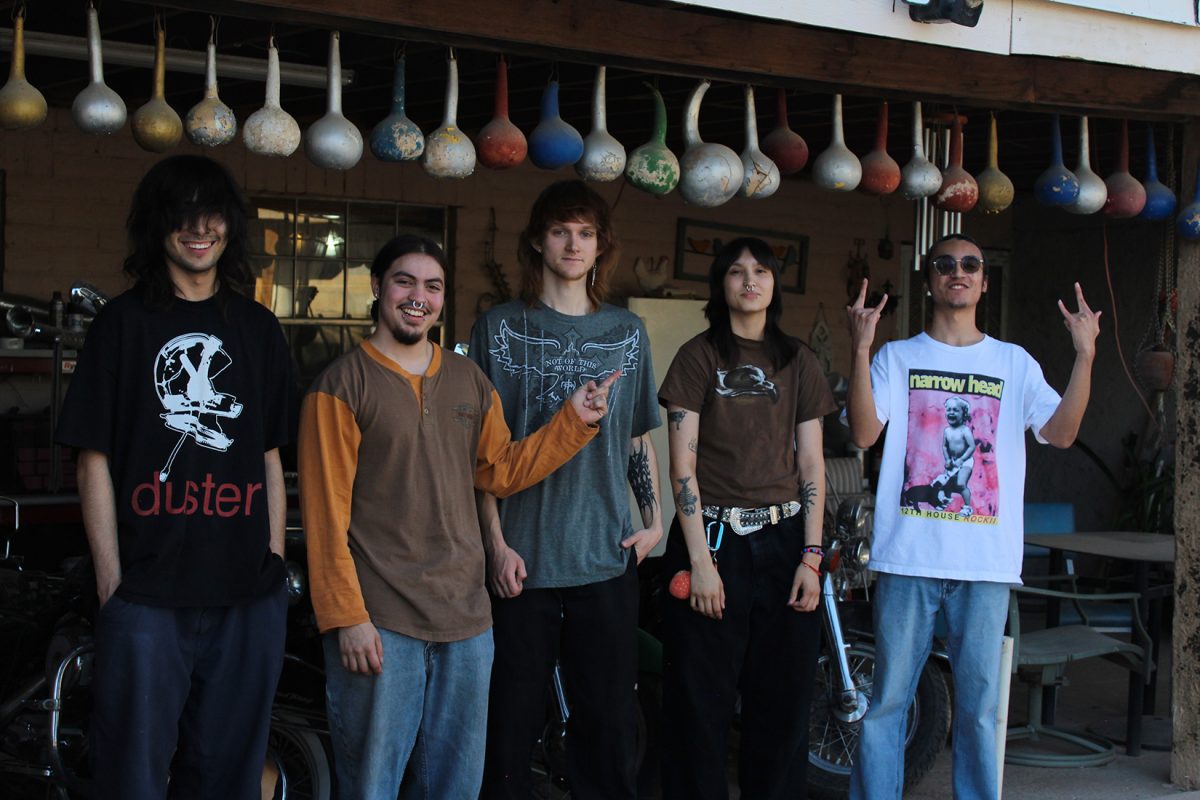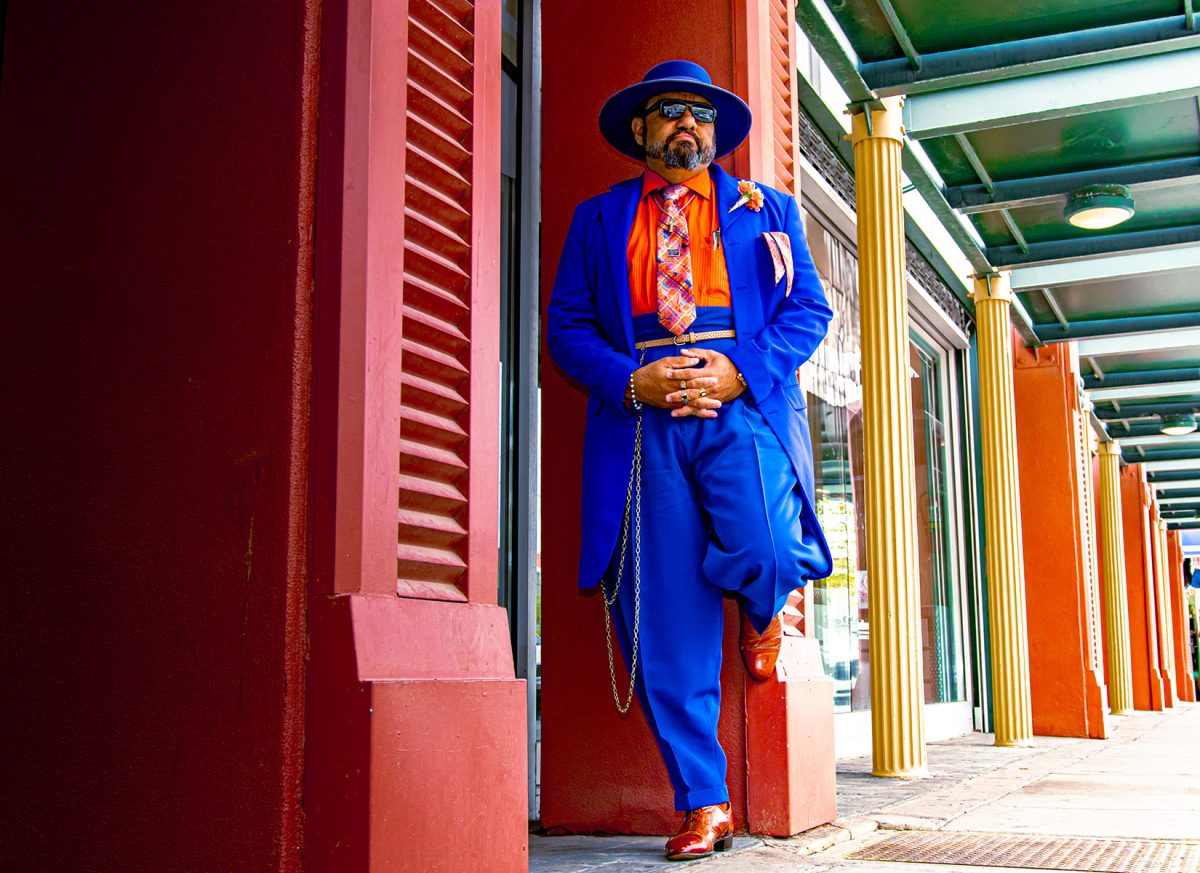Preparing for a job interview takes more than dressing your best and reciting a few lines before setting foot into what will hopefully be your future workplace. In fact, studies have been conducted in order to determine what foods make the best choices for those who are preparing
for an interview.
Something as simple, and often overlooked, as a different choice of lunch could make all the difference while sitting in front of those who will decide whether or not they
should hire you.
“I don’t really think about what I eat before I go to a job interview. I just eat what I would normally eat,” Danyel Estrada, freshman geological sciences major, said.
According to a study conducted by the Massachusetts Institute of Technology, sources of lean protein such as fish, poultry and eggs give off a lesser amount of tryptophan—a chemical that helps you fall asleep, as opposed to other foods, while releasing sources of norepinephrine and dopamine—two chemicals that both raise alertness in the brain.
Depending on whether you would rather be alert or calm during a job interview, lean proteins could be included in your pre-interview meal.
“Before going to a job interview, I eat something light, like a salad or a piece of chicken. I don’t want to eat too much and feel too full or bloated,” Steven Hampton, freshman biological sciences major, said.
In addition, brain foods such as nuts, fruits and whole grains are high in vitamins and are healthy for the human body overall.
According to author and physician Steven Pratt’s book, “Superfoods RX: Fourteen Foods Proven to Change Your Life,” blueberries are especially healthy for the brain. They have been proven to alleviate stress and diminish conditions that develop with age such as Alzheimer’s disease.
Juliann Jose, freshman education major, always eats a banana 30 or 45 minutes prior to an interview, as she says it helps calm the nerves.
“If not a banana, I’ll have a granola bar or some other light snack,”
Jose said.
While it’s always a good idea to follow up certain meals with breath mints—certain foods that give off strong odors such as onions, garlic and some seafood are best considered to be left out before an interview. The smells produced by these foods can be hard to get rid of.
Bad breath can hinder the impression you leave on those who interview you, and while it may not seem like much of a problem, looking and smelling your best can only be beneficial in a face-to-face discussion.
“One thing I always make sure to avoid is anything that would smell bad. That’s a must,” Estrada said.
Spicy or greasy foods should not be on the list for dinner interviews either, since this may provoke pains, gastric noises and an upset stomach.
“I always avoid greasy foods and soft drinks, which could make you dehydrated. Water is all I drink before job interviews,” Hampton said.
With a meal fit for a person ready to become the newest addition to a workplace, interviewees who are prepared both inside and out will start their interviews with an advantage. Important meetings require both mental and physical readiness, with food choices being a factor that is
often ignored.
“I’ll definitely put more thought into what I eat before interviews now,” Estrada said. “It never occurred to me that certain foods can
make a difference.”
Joseph Esposito may be reached at [email protected].





